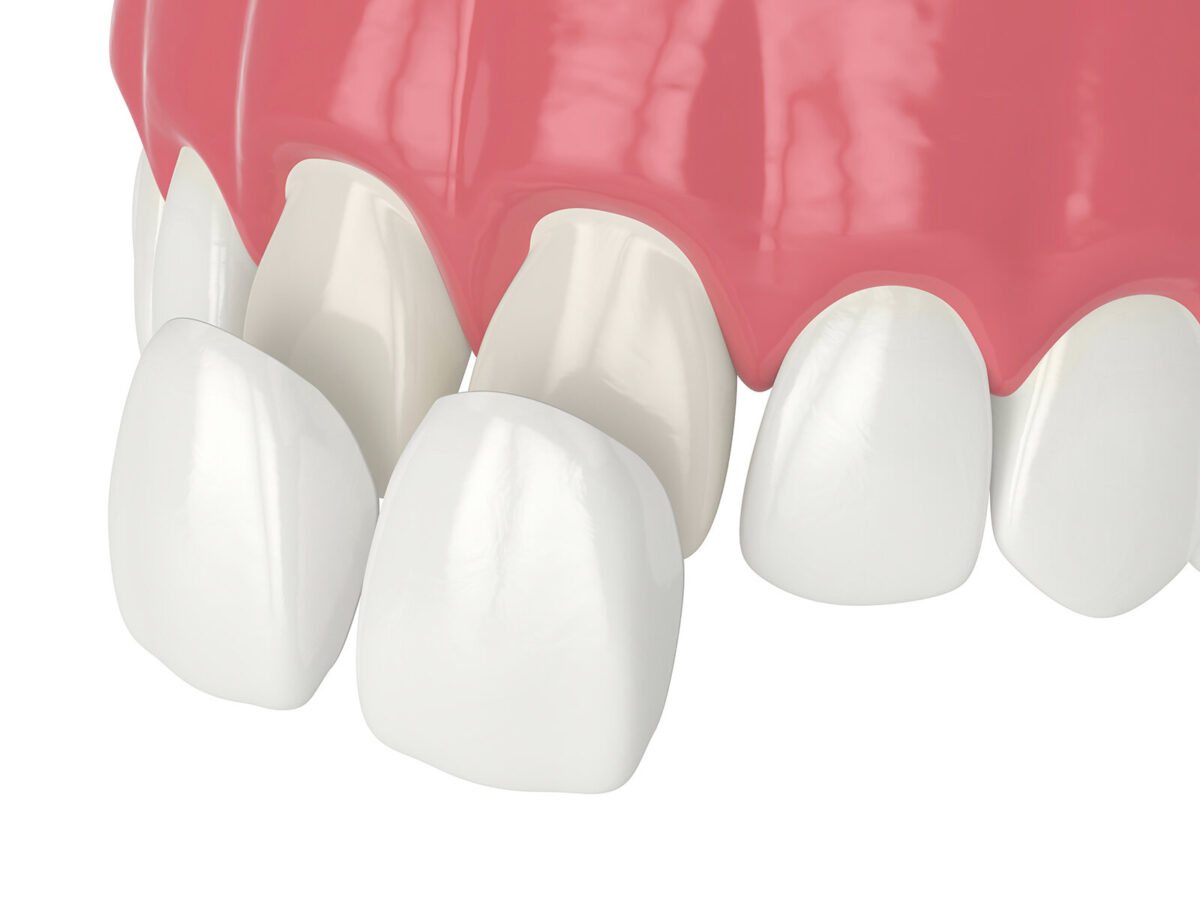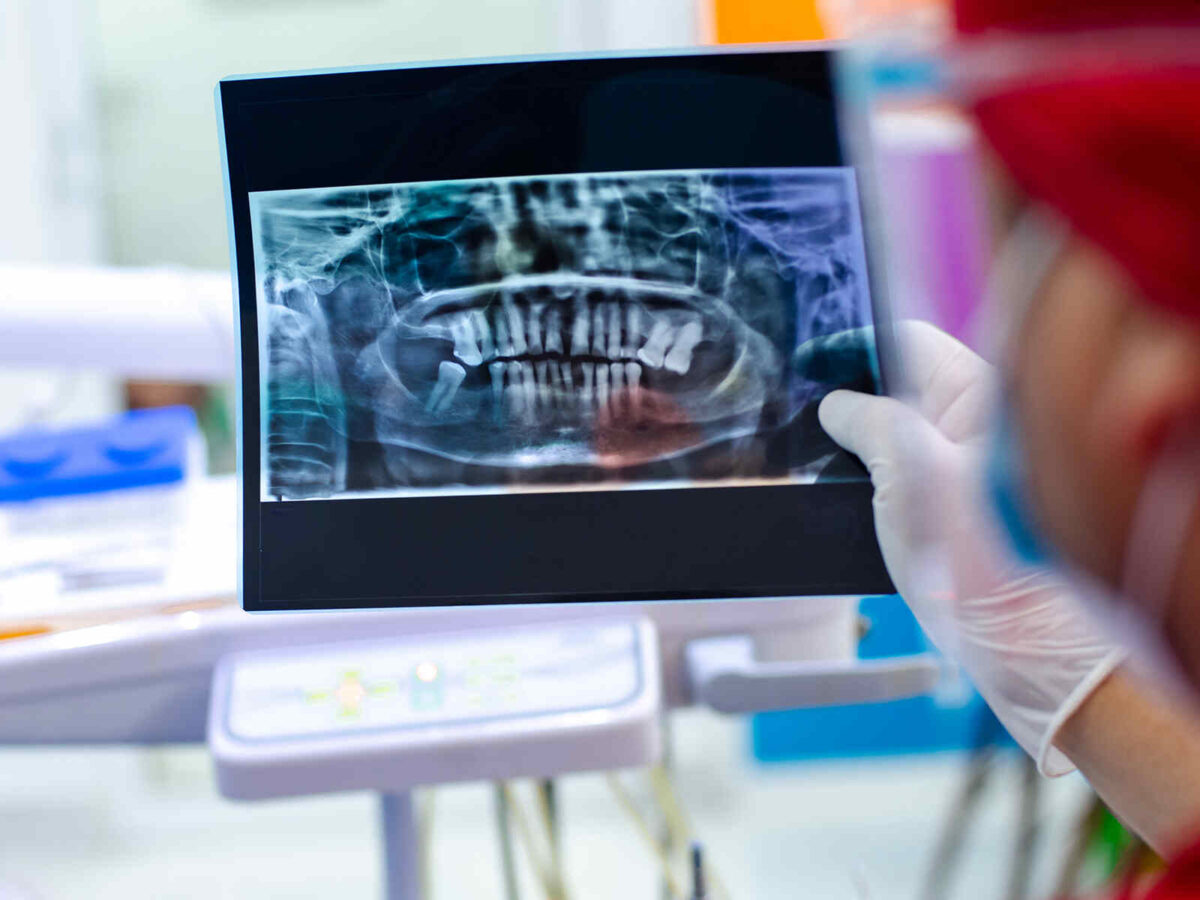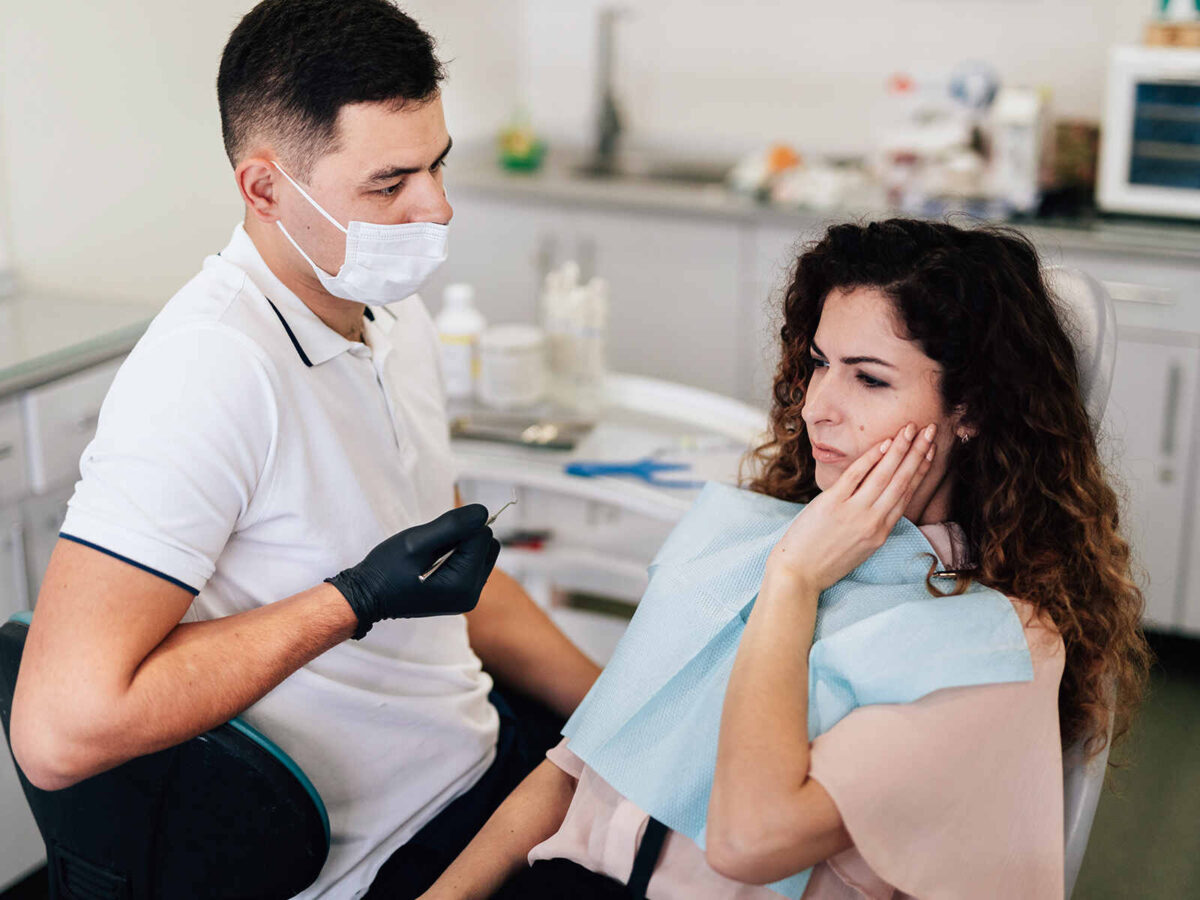Developing a healthy diet if you have periodontal disease is very vital. Taking care of periodontal disease, which is an affliction to the gums and supporting structures of the teeth, can be done easily with a periodontal disease diet. Some foods can worsen the symptoms and lead to gum inflammation as well as bone loss. Let us investigate the foods you should not eat if you are affected by periodontal diseases and how these foods help fight the disease.
Understanding Periodontal Disease
What is Periodontal Disease?
Periodontal disease, also known as gum disease, is a continuous inflammatory affliction that attacks the gums and bones around the teeth. It is prompted by bacteria in dental plaque and may show symptoms such as gum inflammation with/without bleeding. If not treated promptly, it leads to bone resorption and eventually loss of the affected tooth/teeth system.
Importance of Diet in Periodontal Health
Diet is an important factor when it comes to periodontal health. Some foods can create conditions for inflammation and growth of bacteria which in turn make the symptoms of periodontal diseases worse. Informed Periodontal disease diet choices are what you need to do to manage the condition and provide overall oral help.
Foods to Avoid for Periodontal Disease
Sugary Foods and Beverages
Those foods that are rich in sugar, like candy, soda, and sugary snacks, can feed bacteria and promote plaque formation in the mouth. Another effect of consuming too much sugar is turning the acidity level high in the mouth, which gradually erodes enamel and irritates gum.
Sticky and Chewy Foods
Sticky and chewy foods, including dried fruits, caramel, and chewy candies, can adhere to teeth and gums, providing a breeding ground for bacteria. These foods are difficult to remove with regular brushing and flossing, increasing the risk of plaque buildup and gum inflammation.
Acidic Foods and Drinks
Sour or acidic foods such as oranges, tomatoes, and acidulated beverages, which are rich in vitamin C, can erode tooth surfaces and lead to irritated and sore gums. Periodically, more acidity is possible, which over time can contribute to the wearing down of the teeth and potentially lead to gums receding or becoming sensitive.
Difficult to Chew Foods
It is common for people to experience chipped or cracked teeth while eating walnuts or any form of hard candy, especially for those with periodontal diseases. It is advised to avoid chewing on anything that puts pressure on the gums because it will aggravate inflammation caused by micro trauma every time one takes a bite of hard stuff such as candies, biscuits, and any other hard foodstuff.
Processed and High-Fat Foods
Foods that are highly processed and replete with unhealthy fats (including fried foods, fast food, and processed snacks) can push forward the inflammatory processes throughout the body and impair immune function. Inflammation in the body may deteriorate periodontal condition and impede healing processes.
Healthy Dietary Choices for Periodontal Health
Fresh Fruits and Vegetables
You should opt for fresh fruits and vegetables, which are rich in vitamins, minerals, and antioxidants. This category of foods helps to promote gum health, decrease inflammation, and boost immunity. Periodontal disease infections simply strain the immune system. Therefore, you must also incorporate leafy greens and berries into your diet. It is also important to include crunchy vegetables like carrots and celery.
Lean Protein Sources
Select proteins that are low in fat, like poultry, fish, beans, or tofu. Protein is crucial in repairing teeth and the immune system, which enables the body to prevent pathogens from causing periodontal tissues.
Intake of Whole Grain & Fiber Foods
It is also important to point out that a periodontal disease diet should include whole grain products such as whole wheat bread, brown rice, oats, legumes, and other fiber products. Fiber has positive effects on the growth of good bacteria in the gut, and it contributes to the prevention of gum disease too.
Conclusion
Periodontal disease is mainly chronic and requires safe and effective periodontal treatment, which includes personal oral hygiene, dental check-ups, and a healthy diet. Periodontal disease and inflammation are caused by diets that encourage bacterial development, so it is advisable to reduce the consumption of such foods. Anyone with periodontal conditions can change their diets and effectively take care of their teeth and gum to ensure that they do not worsen and cause significant future problems with their teeth.
If you are affected by periodontal disease, consult with your dentist/periodontist specifically for dietary guidance and an oral hygiene plan. Periodontal disease does not have to ruin one’s smile. If proper dental care is sought and maintained, one can conquer periodontitis and have a healthy, white grin.







